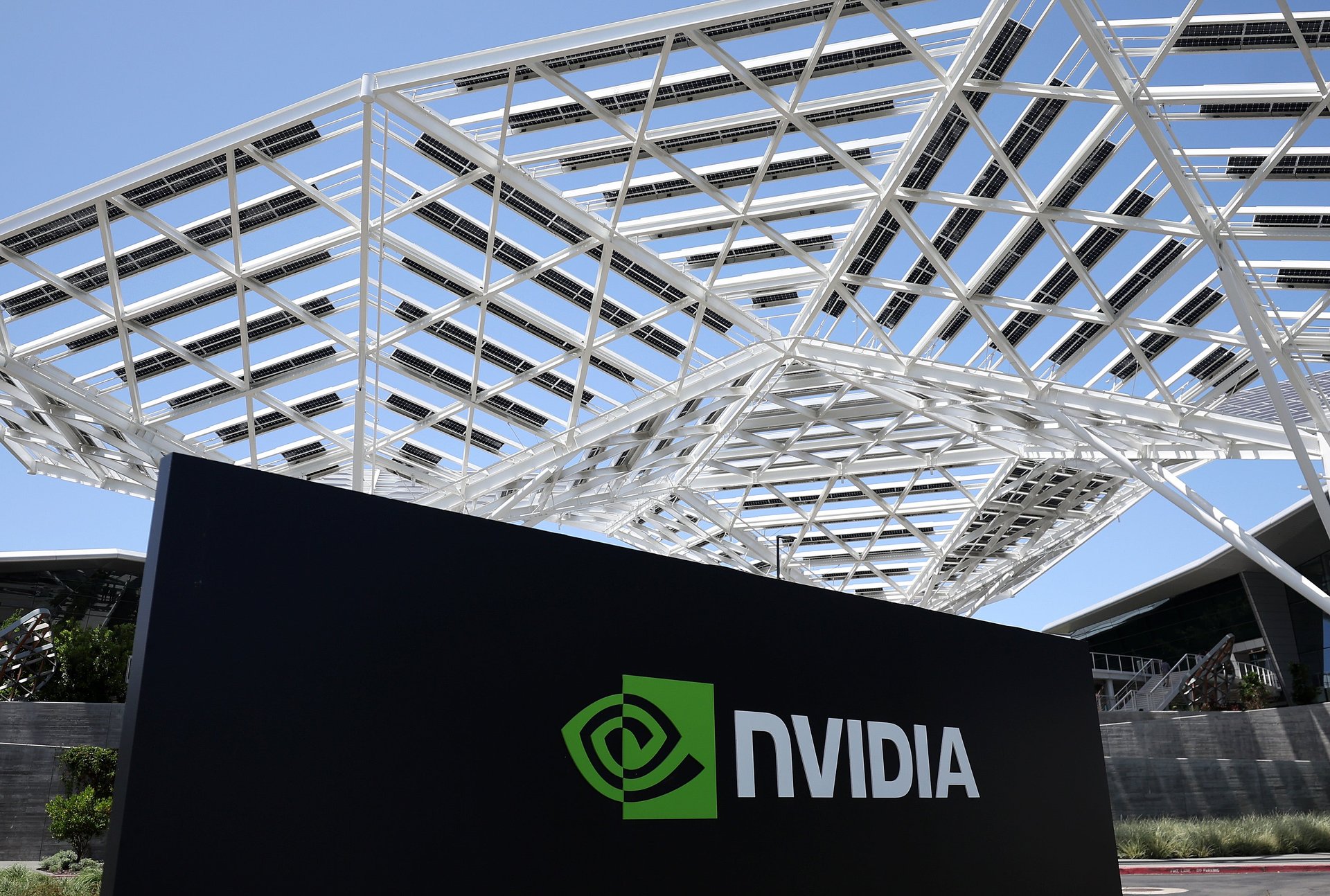The U.S. is slowing Nvidia's and other AI chipmakers' exports to the Middle East, reports say
Officials have delayed issuing licenses for chipmakers to ship AI chips to Middle East nations while reviewing national security concerns

The U.S. is reportedly looking to restrict advanced chip exports to countries in the Middle East, adding to a list currently led by China and other adversaries.
Suggested Reading
U.S. officials have slowed down issuing licenses to Nvidia, Advanced Micro Devices (AMD), and other chip makers, for shipping large-scale artificial intelligence accelerators to the Middle East, Bloomberg reported, citing unnamed people familiar with the matter. Meanwhile, U.S. officials are carrying out a national security review of AI technology being developed in the Middle East.
Related Content
However, there are no estimates available on how long the AI review will take, nor is there clarity about how large-scale shipments will be defined, according to Bloomberg sources. They did say the U.S. is focused on high-volume exports because Saudi Arabia and the United Arab Emirates are importing large quantities of chips for AI data centers.
The U.S. Commerce Department added many countries in the region to its chip export restrictions list in October, Bloomberg reported. The list, which includes China, means U.S. companies will need a special license from the government to sell advanced chips and chipmaking equipment to companies in these nations.
Sources told Bloomberg that the U.S. has been delaying or not responding to applications for licenses in recent weeks from Nvidia, AMD, Intel, and Cerebras Systems, for sales to the UAE, Saudi Arabia, and Qatar. Part of the reasonn behind the export controls is to prevent Chinese companies from accessing advanced chips through the Middle East, according to a source.
The delay is meant to give U.S. officials time to form a strategy on shipping advanced chips abroad, and figure out who will manage and secure centers where AI models are trained, people told Bloomberg. The Commerce Department did not immediately respond to a request for comment.
“With regards to the most cutting edge technologies, we conduct extensive due diligence through an interagency process, thoroughly reviewing license applications from applicants who intend to ship these advanced technologies around the world,” a Commerce Department representative told Bloomberg. “As always, we remain committed to working with our partners in the Middle East and around the world to safeguard our technological ecosystem.”
Meanwhile, Saudi Arabia is reportedly planning to invest $40 billion in a fund to develop AI technology, and is working with top U.S. investors, including Andreessen Horowitz, on the fund. In April, Microsoft invested $1.5 billion in UAE-based AI company Group 42 Holding (G42) to bring its technology to the region.